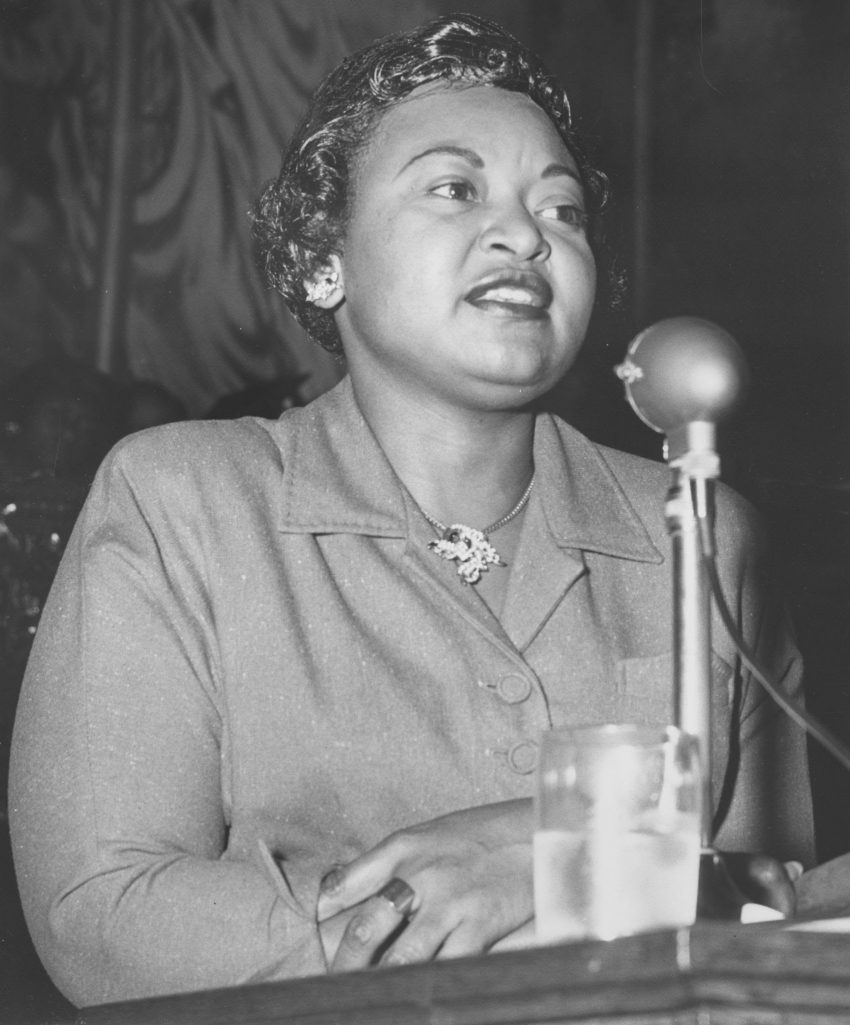In the Seminary’s Center for Adaptive and Innovative Ministry, we believe being together and sharing the stuff of life forms community. This belief raises important questions in the age of pandemic:
• What does it mean that we haven’t been able to gather regularly for a year or more?
• How do we rebuild trust in our communities?
• How do we honor the experiences we haven’t been able to share?
Learning to Listen
Our arc of learning leads to adaptive and transformational leadership, but is starts with individual and community practices of listening. As we re-learn how to be together, we must re-learn the skill of listening and looking for the Holy Spirit in each other’s company. This also means we have to learn how to hear and hold hard things, equip our community for honest conversations, and listen particularly to those who have suffered in this season. If we as the church are to imagine a new future, we have to reckon with the consequences of our complicity in the recent and not-so-recent past. As we mark our time with shared rhythms and community reflections—the regular stuff of life together—we begin to trust that there can be Christian community through even the hard conversations.
Talking about Radical Solidarity
We had a conversation around these things in our church planting class the other day, as we looked at a chapter from The Cross and the Lynching Tree by James Cone. The conversation explored the way Mrs. Mamie Till Bradley (later Till-Mobley), Emmett Till’s mother, found and made meaning of her son’s unspeakable suffering by inviting the community into suffering with her. One of our students wisely pointed out that the meaning she found and created was possible because of the community she called upon, rather than making use of the typology of the one single heroic fixer and sacrificer that we so often call upon in the White American Church Imaginary. Dr. Cone’s reading of the lynching tree through the lens of the cross and the cross through the lens of the lynching tree brings this into even more stark relief. The suffering of the cross, the suffering of lynching, does not find its power in heroically fixing something. Jesus is not submitting to crucifixion to further separate himself from his people by playing the inimitable hero. Seen through the lynching tree, the work on the cross is radical solidarity rather than radical heroism.
What does that tell us for this season, and why did it matter in our class? Because we are convinced that the work of living faithfully after COVID-19 will be a community work. The work will mean being with those who have lost so much in this season and being with those who have lost so much, over and over, to the White Supremacy and racist structures in this country. And as we sit with that suffering, it will be essential that it not be glorified (and thereby Other-ized and isolated), but rather that it be held and even absorbed together in community. Suffering in isolation is not salvific—and Jesus, by bearing all of humanity with him to the cross, models that most of all. If we are to find meaning and hope in the suffering we have experienced and seen in this season, we need ways to share it together.
That’s one of the things we’ll be exploring in the Graduate Certificate in Adaptive and Innovative Ministry’s coming cohort as we learn how to be the church after COVID. As so many evils and pains of our time continue, I remain glad we are in this together.
The Rev. Karen Rohrer is director of the PTS Center for Adaptive and Innovative Ministry. Before joining the AIM team, Karen was co-pastor and co-founder of Beacon, a Presbyterian Church in the Kensington section of Philadelphia. The saints of Beacon taught her contextual ministry, the joy of being church, and the unique grace of being a lady pastor and boss in a neighborhood of matriarchs. The building of Beacon taught her amateur handy-woman and moisture remediation skills and that a particular space really can be a reminder that you are loved. As director of AIM, she is excited to vision new ways the church can bear good news to the world and to support and resource the leaders God is calling forth to make it so.

